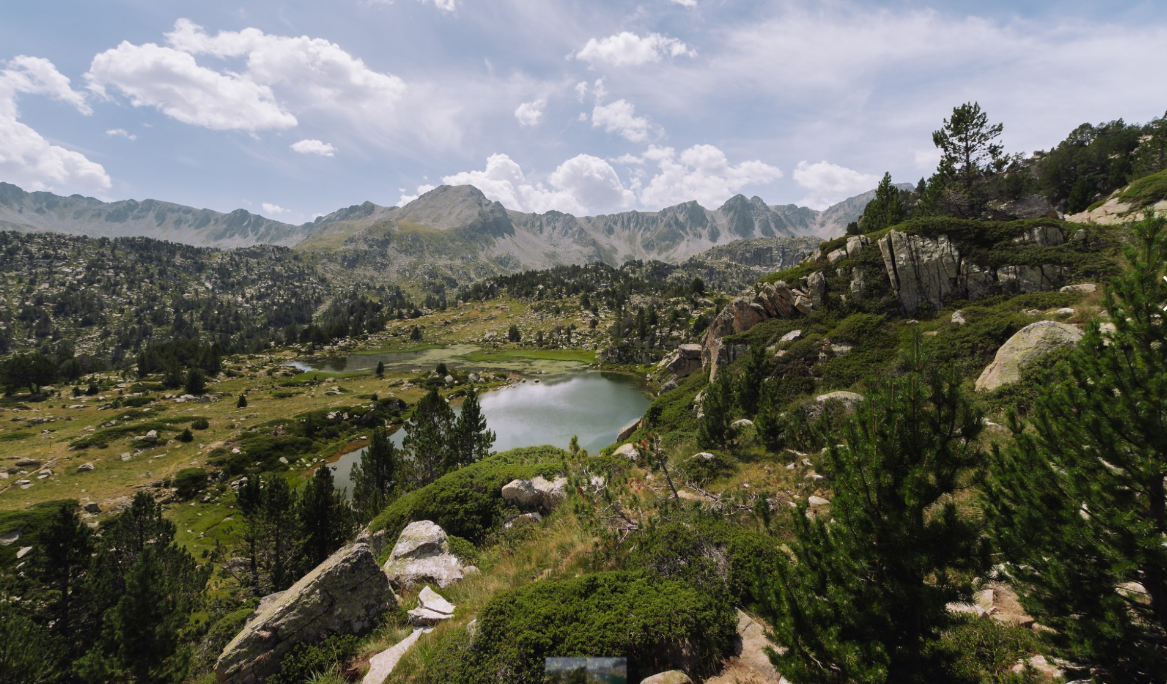Disinformation arrives in all our homes, like distant family at Christmas, and sometimes it makes us doubt; even more so when the denialist discourse comes from people who are supposed to have a scientific basis. The same has happened this week in the journal of the College of Geologists, where a geologist has written denying the link between current climate change and human action. As a result, the country’s leading experts in the historical study of climate and its changes in the past (from Paleoclimatology, Paleoecology and Quaternary Geology) have submitted a letter of complaint about the publication and collected the signatures of more than a hundred specialists denying the information. One of them is lecturer Olga Margalef, also a researcher collaborating with CREAF, who says: “journals and schools have a duty to publish scientifically verified facts and not personal opinions. The origin of current climate change is not questionable”.
There have been many climate changes, but not like this one
The Earth has undergone climatic changes in the past, as the fossil record shows. We have all seen at some point the image of the Neanderthals during the last ice age (about 21,000 years ago) or the inhospitable climate our planet had during its formation. However, it has been demonstrated that current climate change cannot be explained only by natural processes, such as variations in solar activity, the Earth’s orbit or volcanic activity, as was the case with previous ones. According to experts, the main cause of the warming we are suffering is human activity and it is due to the increase in the concentration of greenhouse gases caused mainly by the burning of fossil fuels such as coal, oil and gas.
The broadest scientific consensus in history
The association of climate change with the human species is not confined to the research of just a few: in 2021, a study analysing 90,000 scientific publications was published and the consensus in the world of science was portrayed. The 99.9% of these studies agree that current climate change is caused by humans. This is the broadest scientific consensus in the history of science.
Current climate change is going very fast
Another aspect to note is the speed of the current warming. A recent report by the International Panel on Climate Change (IPCC) states that the planet has never seen such rapid changes as in the last 2,000 years. Climate change is accelerating and nature no longer has time to find ways to adapt, which is why we are facing a huge loss of biodiversity, among other reasons, and some people are talking about a sixth mass extinction.







